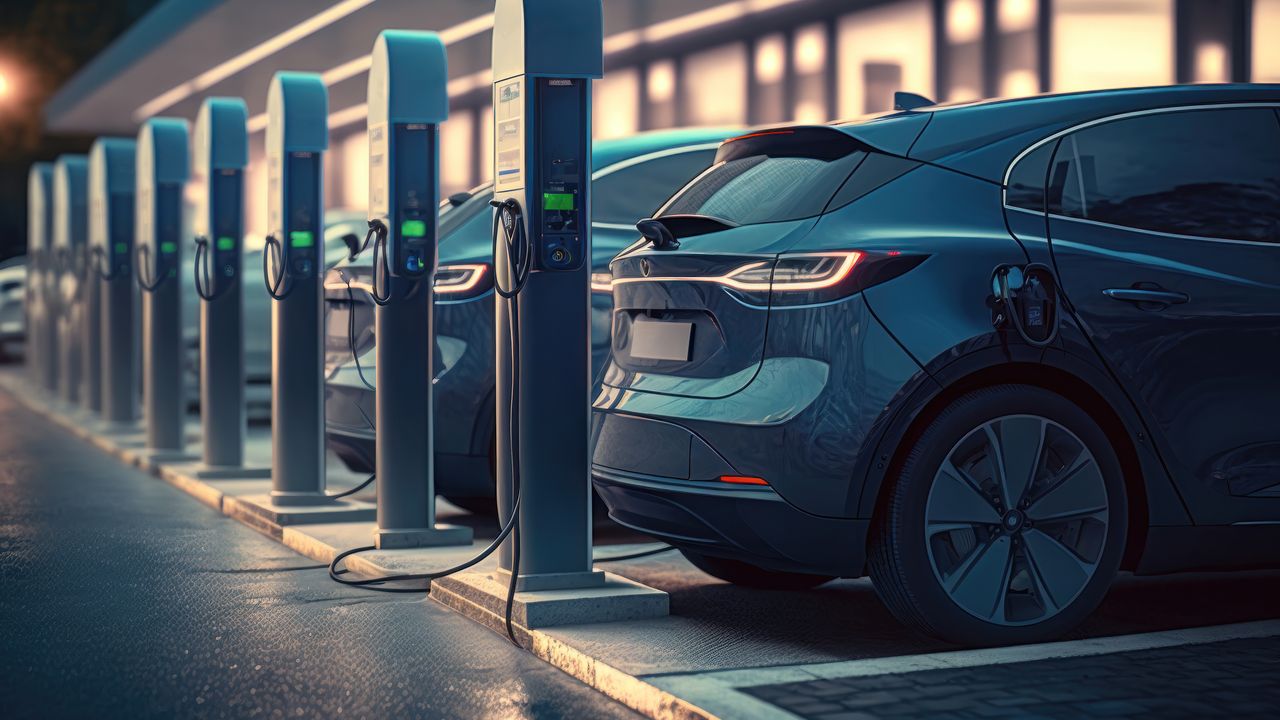The Role of Electric Cars in Reducing Greenhouse Gas Emissions
Electric cars, also known as zero-emission vehicles, have gained significant attention in recent years due to their potential to reduce greenhouse gas emissions and contribute to a cleaner environment. As the world seeks to transition from fossil fuels to renewable resources, electric cars have emerged as a promising solution for clean transportation.
Zero-Emission Vehicles
Unlike conventional gasoline-powered vehicles, electric cars produce zero tailpipe emissions. This means they do not release harmful pollutants, such as carbon dioxide (CO2), nitrogen oxides (NOx), and particulate matter, into the atmosphere. By eliminating these emissions, electric cars play a crucial role in mitigating climate change and improving air quality.
Electric cars are powered by electricity stored in rechargeable batteries. When compared to internal combustion engines, which burn fossil fuels, electric cars are much more efficient in converting energy into motion. This efficiency, combined with the use of renewable energy sources, makes electric cars a sustainable and environmentally friendly transportation option.
Renewable Resources
One of the key advantages of electric cars is their compatibility with renewable energy sources. By charging electric car batteries with electricity generated from renewable resources, such as solar or wind power, the overall carbon footprint of transportation can be significantly reduced. This integration of electric vehicles and renewable energy creates a positive feedback loop, as the increased demand for clean transportation drives the development of more renewable energy infrastructure.
As the world continues to shift towards renewable energy, the environmental benefits of electric cars will only increase. By relying less on fossil fuels and embracing sustainable energy sources, we can pave the way for a greener and more sustainable future.
Clean Transportation
Electric cars offer a cleaner alternative to conventional vehicles, not only in terms of emissions but also in reducing noise pollution. Electric motors are much quieter than internal combustion engines, resulting in a more peaceful and enjoyable driving experience. This reduction in noise pollution can have a positive impact on both urban and rural environments, contributing to a healthier and more sustainable living environment for everyone.
Furthermore, the widespread adoption of electric cars can help decrease our dependence on fossil fuels and reduce the volatility of oil prices. By diversifying our transportation energy sources, we can enhance energy security and reduce the economic and political risks associated with oil dependency.
Conclusion
Electric cars play a vital role in reducing greenhouse gas emissions and promoting clean transportation. With their zero-emission capabilities and compatibility with renewable energy sources, electric cars offer a sustainable and environmentally friendly solution to the challenges posed by climate change and air pollution.
As governments, industries, and individuals continue to prioritize sustainability, the adoption of electric cars is expected to grow rapidly. By embracing this technology and supporting the development of renewable energy infrastructure, we can create a greener and more sustainable future for generations to come.
